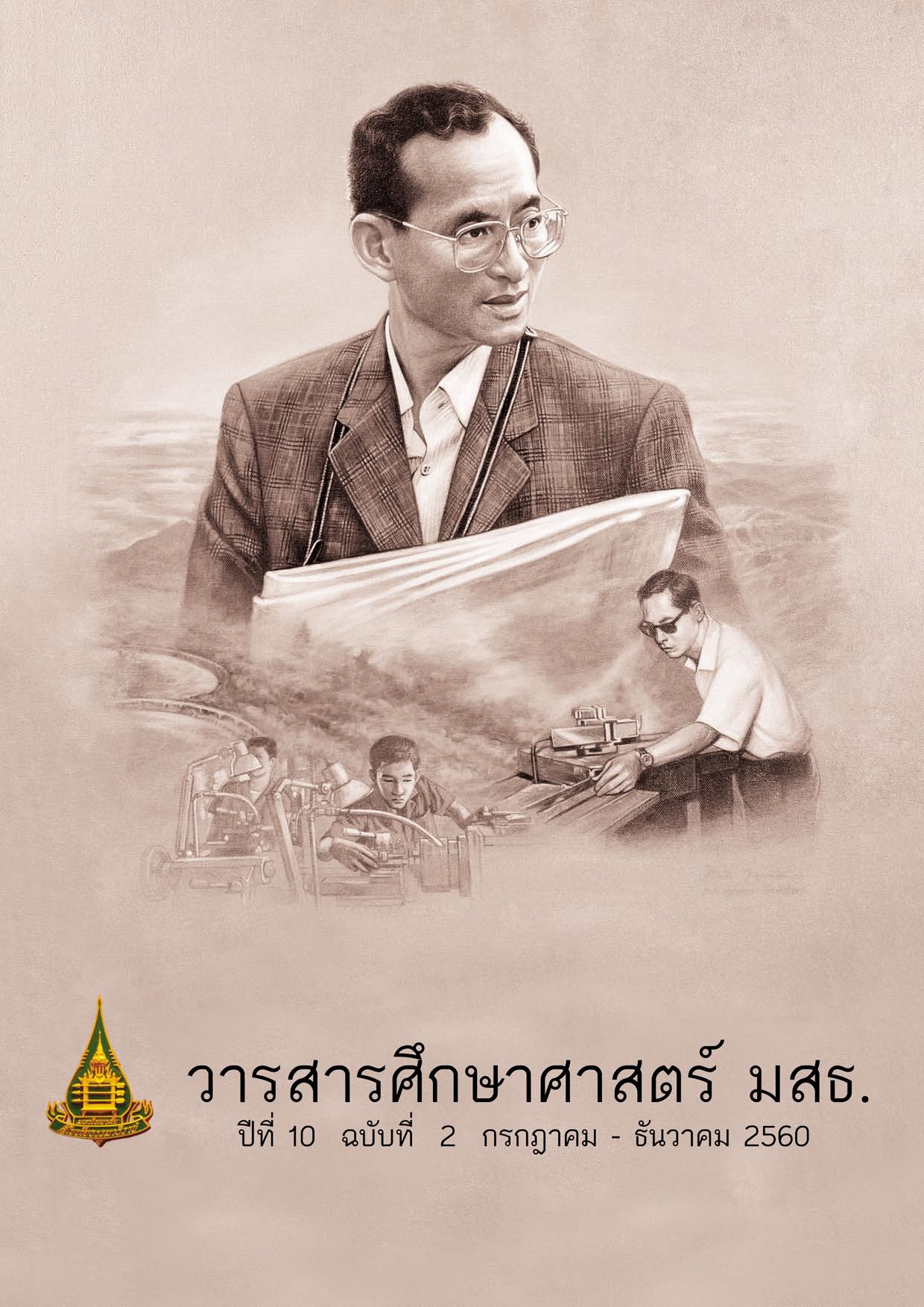A Model of Educational Services to Enable Graduate Students of Sukhothai Thammathirat Open University to Achieve Learning Success in the Distance Education System
Main Article Content
Abstract
The study was carried out with 3 objectives: 1) to study and compare opinions of graduate students of STOU, OUM, UT and UPOU toward the educational services which are important and affect the success of studying through distance education system; 2) to identify guidelines for improving such services from students, lecturers and related staff of STOU; and 3) to develop a model of educational services to help STOU graduate students learn successfully. The study of STOU composed of 3 steps. The first step was a field study to serve objectives 1 and 2 . The samples composed of 560 graduate students, 80 lecturers and 80 staff from related agencies of the university. Research instruments were the of questionnaires about services which affect the success of study. The data were analyzed by frequency, means, standard deviation and content analysis. The second step was developing the educational services model by using data obtained from both literature and the study in step 1. The third step, was evalution of the proposed model by 12 distance education experts. Results of the study were: 1) Graduate students of the 4 open universities gave similar result about factors which affected the success of their study. The top indicated factors were: seminar lecturers were knowledgeable, the contents of the study programmes were valuable, accessibility to online system of the university, and the support of the regional centres staff. 2) Graduate students, lecturers and related staff of Sukhothai Thammathirat Open University proposed similar guidelines for developing the educational services. For examples: for registration aspect, students should be reminded ahead. 3) The accepted model of educational services to help students learn successfully composed of services in 3 period: pre-learning, during learning and evaluating period.

